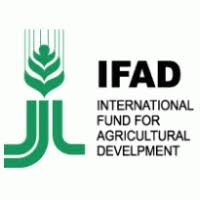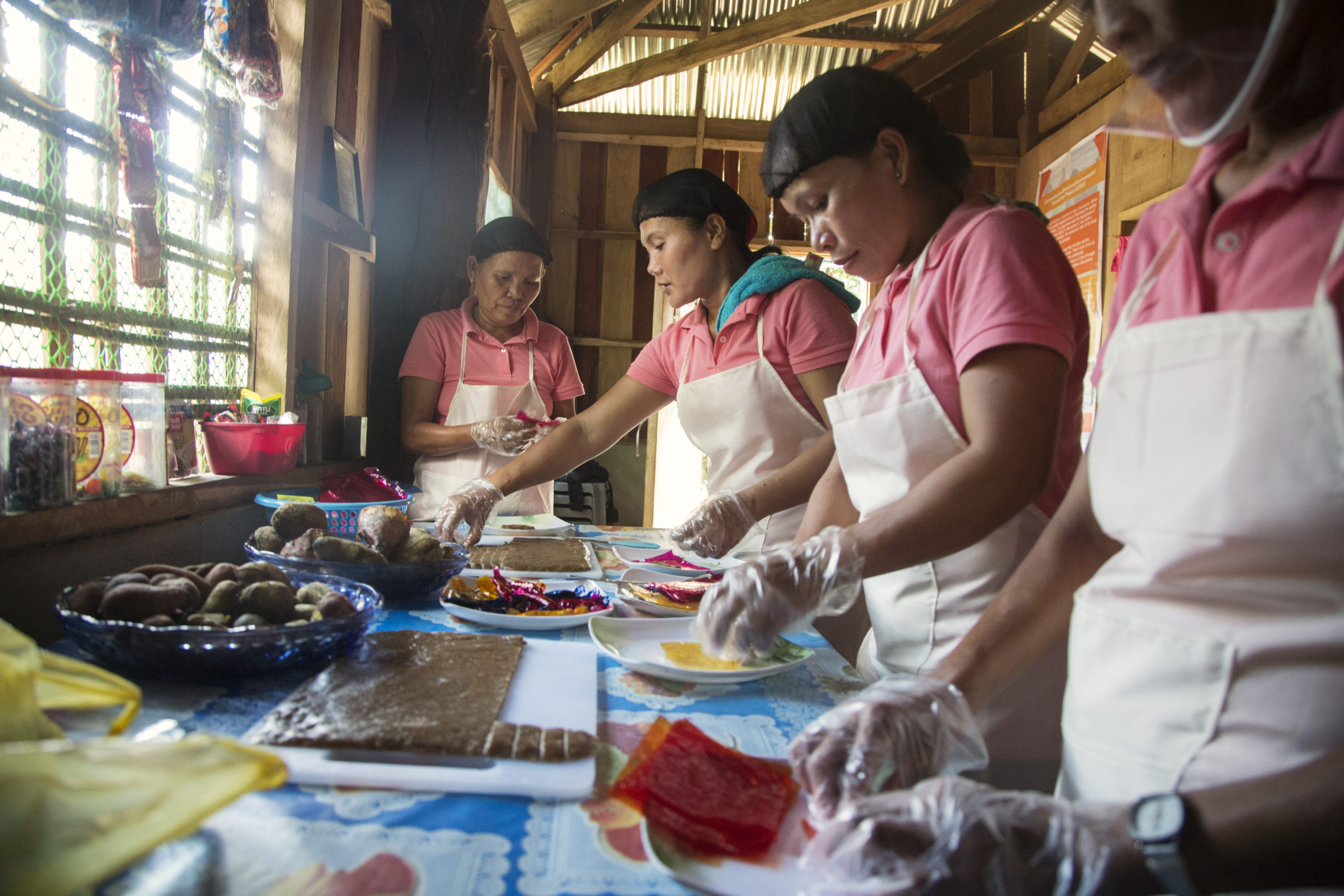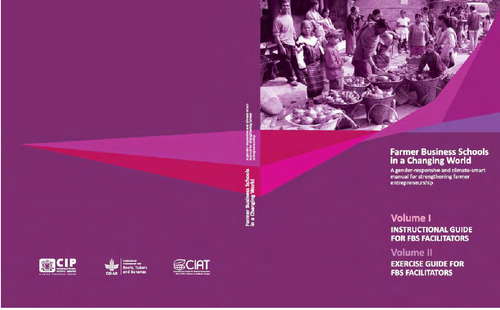Farmer business schools
Purpose
Enable a systematic approach to pro-poor agri-enterprise development for inclusive value chains.
Expected impact
The farmer business school (FBS) is designed to create profitable pro-poor, farm businesses through innovation in marketing, enterprise and pre- and post-harvest technologies. The FBS also seeks to empower men and women farmers, enhance trust, and collaboration between farmers and other value chain actors to make lasting contributions to the livelihoods of targeted households.
For a wider impact, the FBS should be part of a broader development effort, for example as is now used as part of IFAD investments in Asia by establishing partnerships with relevant national agencies.
Description of the farmer business school
FBS comprises a series of farmer group-based experiential learning activities with trained facilitators over a production-marketing cycle, for eight to ten months. The farmer groups themselves conduct market assessments and take the lead on product development to exploit the market opportunities they identify. Participants interact with other stakeholders such as traders and service providers. As a tangible outcome of FBS, participants start or strengthen small enterprises and businesses.
Examples of use
CIP introduced FBS in Java and took it to scale in the Philippines, India and other provinces of Indonesia (with CIAT) through partnerships established by the FoodSTART (grant) project with large-scale IFAD investment (loan) projects. By 2014, CIAT adapted the FBS approach in Vietnam, with funding from ACIAR. By 2018 CIP had introduced the method in Peru and Ecuador.
FBS has been widely implemented, with 147 FBS established and 3,874 farmers enrolled in the learning process in Asia only. In 2020, an IFAD investment in the Philippines has continued to adopt and scale the FBS principles by establishing 12 additional FBS (230 participants), despite the end of FoodSTART and therefore any additional technical support from research partners.
To promote even wider adoption of the approach, CIP is currently developing an e-learning course for Farmer Business School facilitators, with funding from the CGIAR Research Program on Policies, Institutions and Markets (PIM). The course will be hosted by the Food Security Portal E-learning platform.
Links to relevant blogs
Strengthening Entrepreneurship with Farmer Business School – see video
Changing perspectives, changing lives: The Farmer Business School experience
Sweetpotato Jams and Juices Contribute to Forest Conservation in the Philippines
Understanding partnership dynamics to facilitate innovation scaling
From Smallholders to Entrepreneurs, Growing Farmer Resilience through Farmer Business Schools
Fisherfolk-turned-Entrepreneur Groups Launch their Businesses in Tacloban City
SOLID and FoodSTART+ Successfully Organize the Business Launch for Farmer Business School
Contact person
Diego Naziri: d.naziri@cgiar.org
Logos of Centers and partners
 |
 |
 |




